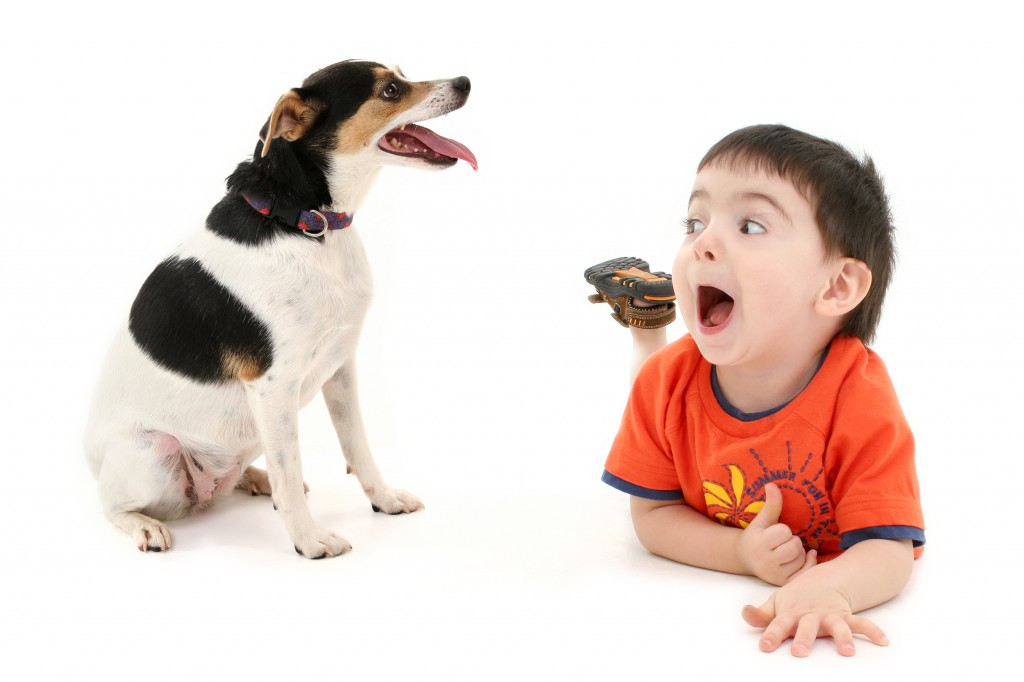 Recently, my son Alex and I were visiting his grandparents when I noticed something that I had perhaps taken for granted before. You see, I am a first-generation Hispanic-American, and my son, while his Spanish isn’t perfect, does speak it well enough to converse with his Cuban grandparents with no problems. I had always taken pride in that my wife and raised our kids to speak Spanish, even though they were fully immersed in American culture and had mostly English-speaking friends.
Recently, my son Alex and I were visiting his grandparents when I noticed something that I had perhaps taken for granted before. You see, I am a first-generation Hispanic-American, and my son, while his Spanish isn’t perfect, does speak it well enough to converse with his Cuban grandparents with no problems. I had always taken pride in that my wife and raised our kids to speak Spanish, even though they were fully immersed in American culture and had mostly English-speaking friends.
On this day, however, it dawned on me that some of the “Spanish” he was speaking with his grandparents was actually “the blend (at different degrees) of Spanish and English,” aka Spanglish, without anyone realizing it. Even worse, I noticed my parents were responding with some of the same odd words, and that they had become subconsciously ingrained in my vocabulary as well.
Let me illustrate. The Spanish word for strawberries is “fresas.” In my household, however, these sweet little fruits are known as “estrauberrees.” We don’t go to the supermarket or the Spanish “el supermercado,” but to the “supermar-ke.” We don’t eat lunch or “el amuerzo” but “el lonche.”
Some of the admittedly funnier “Spanglish” in our household occurred with brand names. “Seven-Up” became “el Seben-oh” and “Vicks Vaporub” became “el Beebaporoo.” By the way, according to my grandmother, the aforementioned “Beebaporoo” could cure just about anything from warts to cancer. Anytime my siblings or I caught a cold, we would get slathered up in the stuff, much to the chagrin of our classmates who had to endure our minty-fresh smell all day, and would look at us like crazy when we said “It’s just some Beebaporoo!” Needless to say, I have spared my son this indignity. He just stays home when he is sick and coated with Vicks Vaporub.
Spanglish has also worked in reverse. When my son was younger, he would tend to choose the easier word to say, regardless of the language the sentence was in. One such word was “avion,” which he found easier to pronounce than the English “airplane.” So he would say something like, “We are going to fly in an avion to go see Mickey Mouse.” I myself recall saying to a childhood Anglo friend, “Let’s go play in the sala” and being annoyed with the puzzled look he gave as he tried to figure out what a “sala” could possibly be (it means “living room”).
All of this might be amusing, but in my opinion it also leads to a weakening of my son’s bilingual language skills. Therefore, my wife and I have made a concerted effort to start speaking proper Spanish and get rid of as many of these Spanglish terms as possible. It is hard, but we have made it a game to catch each other using the wrong term and correcting ourselves. So far, we have made some good progress, as evidenced by the fact that we order “bocadillos” instead of “san-wi-ches” when we go to a sub shop.
I have hope that within a couple of years, most of our bad Spanglish habits will be broken, with the exception of one: in my family, Vicks Vaporub will always be “el Beebaporoo.” And that suits me just fine. You have to keep some traditions alive, right?
This author writes for www.cushingco.com
- Fighting with Spanglish - July 7, 2012



Congratulations for your blog. I’m extremely enthusiastic about digital learning. i currently work as a primary teacher in Spain and I have recently created a blog. It’s a educative blog related to the teaching of the English language to kids. It is plenty of resources. You can find games, videos, songs, stories, didactic units and more. http://espemoreno.blogspot.com.es/ El Blog de Espe.
The main purpose of this blog is to help parents and teachers, as well as yo share tips, ideas, activities, links and resources.
Yours sincerelym, Esperanza Moreno